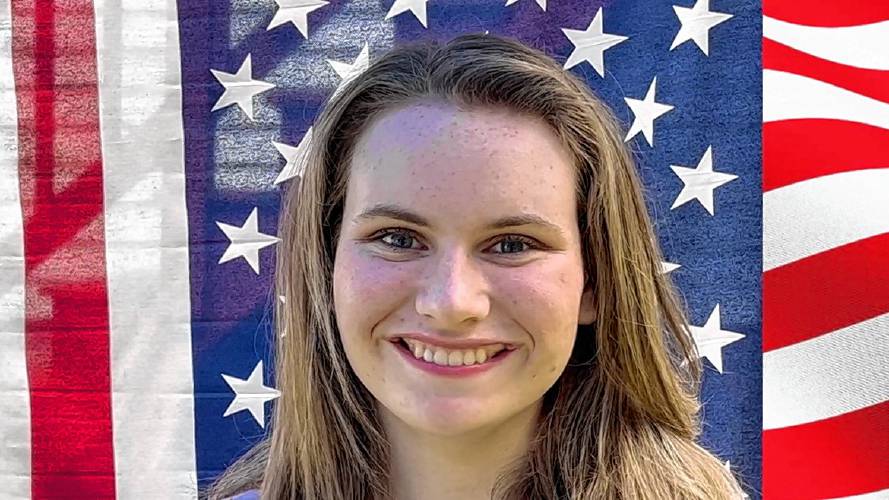On Tuesday, the House Education Funding Committee recommended House Bill 115 – FN as “Ought to Pass” in a 10-8 vote. As amended by the committee, HB 115 raises the maximum annual income for the Education Freedom Account (EFA) program to 400 percent of the federal poverty guidelines in FY 2026 and eliminates the income eligibility in all subsequent years. If passed, universal EFA eligibility would ensure that all K-12 students can access educational opportunities that best meet their unique learning needs, laying the foundation for lifelong success.
I introduced HB 115 for several reasons, primarily to ensure educational attainment is not limited due to a family’s income or zip code (both of which are beyond the child’s control). Additionally, HB 115 empowers families to make decisions in the best interest of each learner, by choosing the environment most conducive to their unique educational needs.
Within my lifetime, New Hampshire’s average cost per pupil has nearly doubled, adjusted for inflation. Meanwhile, enrollment has decreased and proficiency scores have been stagnant. Specifically, only 53 percent of New Hampshire students are proficient in English language arts, 41 percent are proficient in mathematics, and 36 percent are proficient in science. Notably, proficiency scores are far lower in some school districts. Therefore, spending more does not correlate to better results.
However, there is a “strong and statistically significant association between education freedom and state-level average student proficiency,” according to independent researchers at the University of Arkansas. Also, the NH Legislative Budget Assistant estimates the new average EFA grant to be $4,419 under the provisions of HB 115. This figure is $19,580 less per student than the current average cost per pupil, as calculated by the New Hampshire Department of Education. Therefore, EFA expansion is the most appropriate response to low proficiency and makes financial sense for New Hampshire. After all, “means testing” is not required before public school admission. The same should be true for all educational pathways.
To put this in perspective, 76 percent of the general public and 84 percent of parents support Education Savings Accounts (ESA – the term used in other states), according to EdChoice. Moreover, 71 percent of ESA supporters favor removing income limitations, according to Yes Every Kid. Also, Gov. Kelly Ayotte stated that she is “a strong believer in education freedom.”
Despite the wide support, there is a misconception that EFAs can only be spent on private-school tuition, to the detriment of public schools. This is not true. Instead, current EFA participants attend a variety of educational settings including private, homeschool, and even public education options, such as New Hampshire’s more than three dozen public charter schools. Also, EFAs can be spent on school uniforms, textbooks, and even higher education. Particularly, high school students can take Advanced Placement exams for college credit. The exams currently cost between $99 and $147, which can become burdensome, especially for families with multiple children. With EFA assistance, families can access these exams, saving thousands of dollars on college tuition.
Another misconception regards accountability. The EFA program is administered by the Children’s Scholarship Fund, an independent nonprofit twice awarded for being under budget and transparent. All of the Fund’s documentation, including an itemized list of expenditures and an audit report, are publicly available for review. Therefore, the Fund undoubtedly administers one of the most accountable school choice programs in the nation. Any concerns suggesting otherwise are unfounded and misleading.
For these reasons, I am excited to expand the wildly successful EFA program to all New Hampshire K-12 students and humbly ask for my colleagues’ support of HB 115 on Thursday, March 13. It is time to fund students over systems. After all, if we don’t help our constituents meet their educational needs then we are not doing our job as legislators.





